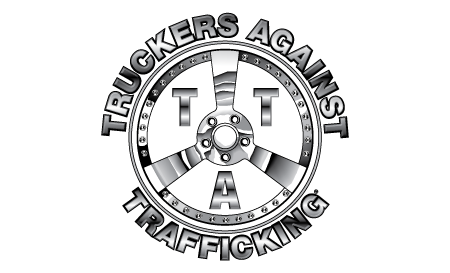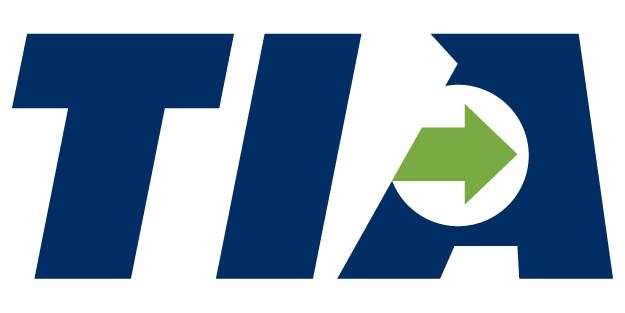Issue 111
House T&I Pass FAA Reauthorization
The House Transportation Committee has approved a $103 billion FAA bill for a five-year period. The bill, H.R. 3935, received a 63-0 approval, with Representatives Scott Perry (R-10/PA) and Thomas Massie (R-4/KY) absent from the vote. Prior to the approval, an amendment proposed by Rep. Troy Nehls (R-22/TX) to raise the retirement age of commercial airline pilots from 65 to 67 was adopted by a narrow margin of 32-31, with most Republicans voting in favor and Rep. Marc Molinaro (R-19/NY) being the only Republican to vote against it, joining the Democrats.
The proposal to raise the pilot retirement age has received some bipartisan support in the Senate, with Senators Mark Kelly (D-AZ) and Joe Manchin (D-WV) signing onto a Senate bill, S. 893, addressing the same issue. However, the Air Line Pilots Association (ALPA), the biggest pilot union in the country, opposes Nehls' amendment and referred to it as a “poison pill.” ALPA expressed concerns that the amendment would bring the United States out of alignment with the International Civil Aviation Organization's retirement age of 65 and require reopening collective bargaining agreements on pilot seniority.
Several other amendments were adopted by voice vote, covering various aspects such as flight crew training, labor representation in FAA Advisory Committees, FAA Airports Office review, funding for secondary runways, use of funds for advanced air mobility infrastructure, and more.
Committee Chair Sam Graves (R-6/MO) stated that he intends to work with members to make changes to the bill's final text before it is passed in the House. Graves aims to pass the bill on the House floor during the third week of July.
Senate FAA on Hold
The Senate Commerce Committee experienced a chaotic situation on Thursday morning just before a markup session was scheduled to begin for the FAA bill. Senators were trying to address concerns regarding an amendment related to pilot training, which had the potential to delay the markup for several weeks.
The Senators sat in the committee room for nearly 30 minutes before Chair Maria Cantwell (D-Wash.) briefly called the markup into session but declared it in limbo. During the confusion, Senator Marsha Blackburn (R-Tenn.) asked a question, to which Cantwell responded by stating that they were not in session.
Later, Cantwell explained to reporters that the pilot training rules, specifically an amendment proposed by Senators John Thune (R-S.D.) and Kyrsten Sinema (I-Ariz.) regarding enhanced training, were the cause of the holdup. The amendment suggested awarding an additional 250 hours of training credit towards the 1,500-hour requirement for prospective pilots who completed enhanced training.
Cantwell clarified that other areas of conflict, such as the idea to increase flights at Ronald Reagan Washington National Airport, were not responsible for the delay. As of Thursday afternoon, the committee remained in recess, and a Democratic committee professional staffer stated that there was no chance the hearing would resume on the same day.
Postponing the markup could pose additional challenges in meeting the FAA reauthorization deadline of September 30. The House had already unanimously approved its version of the FAA bill, H.R. 3935 (118th), on Wednesday, following a two-day markup with no major surprises. Among the points of contention, the training time required to become a commercial pilot proved to be the most controversial.
TIA will keep you updated with this issue.
Rate Intrusion Incoming
A plan to enhance transparency, or what we would refer to as rate intrusion among brokers in the trucking industry may be released by the end of this month
As per the U.S. Department of Transportation's Spring 2023 Unified Regulatory Agenda, the Federal Motor Carrier Safety Administration (FMCSA) is expected to publish a notice of proposed rulemaking (NPRM) concerning transparency in property carrier broker transactions in June.
FMCSA had previously announced its intention to propose such a rule earlier this year. However, this week's release of the regulatory agenda marks the first time the agency has provided a specific target date.
The proposal was prompted by a petition from the Owner-Operator Independent Drivers Association (OOIDA) in May 2020. OOIDA urged the agency to initiate the NPRM to promote greater transparency in trucking transactions involving brokers.
OOIDA's petition called for the following actions from the agency:
- Mandate brokers to automatically provide an electronic copy of each transaction record within 48 hours after the completion of the contracted service.
- Explicitly prohibit brokers from including provisions that require carriers to waive their rights to access transaction records.
Regulation CFR 371.3 already stipulates that brokers must maintain records of each transaction with a carrier, and both parties have the right to access these records. OOIDA requested the agency to enforce this regulation and eliminate any loopholes that allow brokers to bypass the rule.
OOIDA highlighted the recurring issues truck drivers face with broker transparency during the Mid-America Trucking Show in March.
TIA is passionately opposed to this this potential regulation as its members believe that truckers are not entitled to proprietary information and that FMCSA should focus on making our roads safer (underwhelming results) and stay out of private contract disputes.
If you have any questions about this newsletter or TIA 2023
Policy Forum, please email [email protected]
TIA 1900 Duke Street STE 300 Alexandria, Virginia 22314 US
Want to change what emails you receive from us? Update your preferences.

















